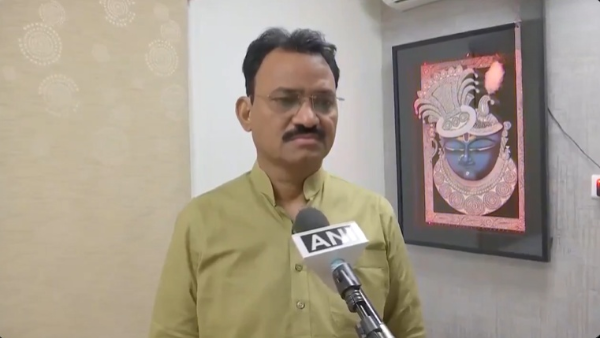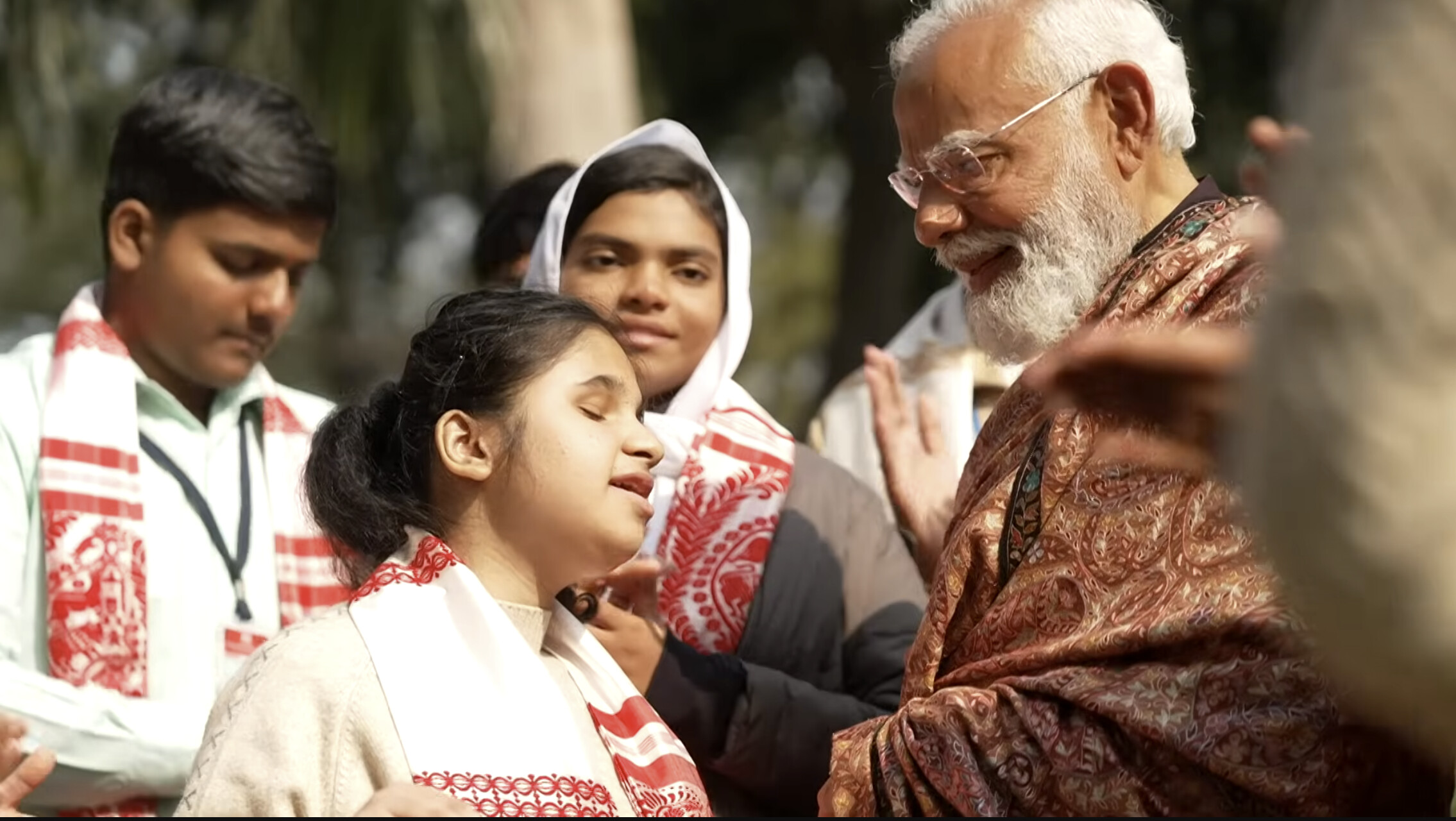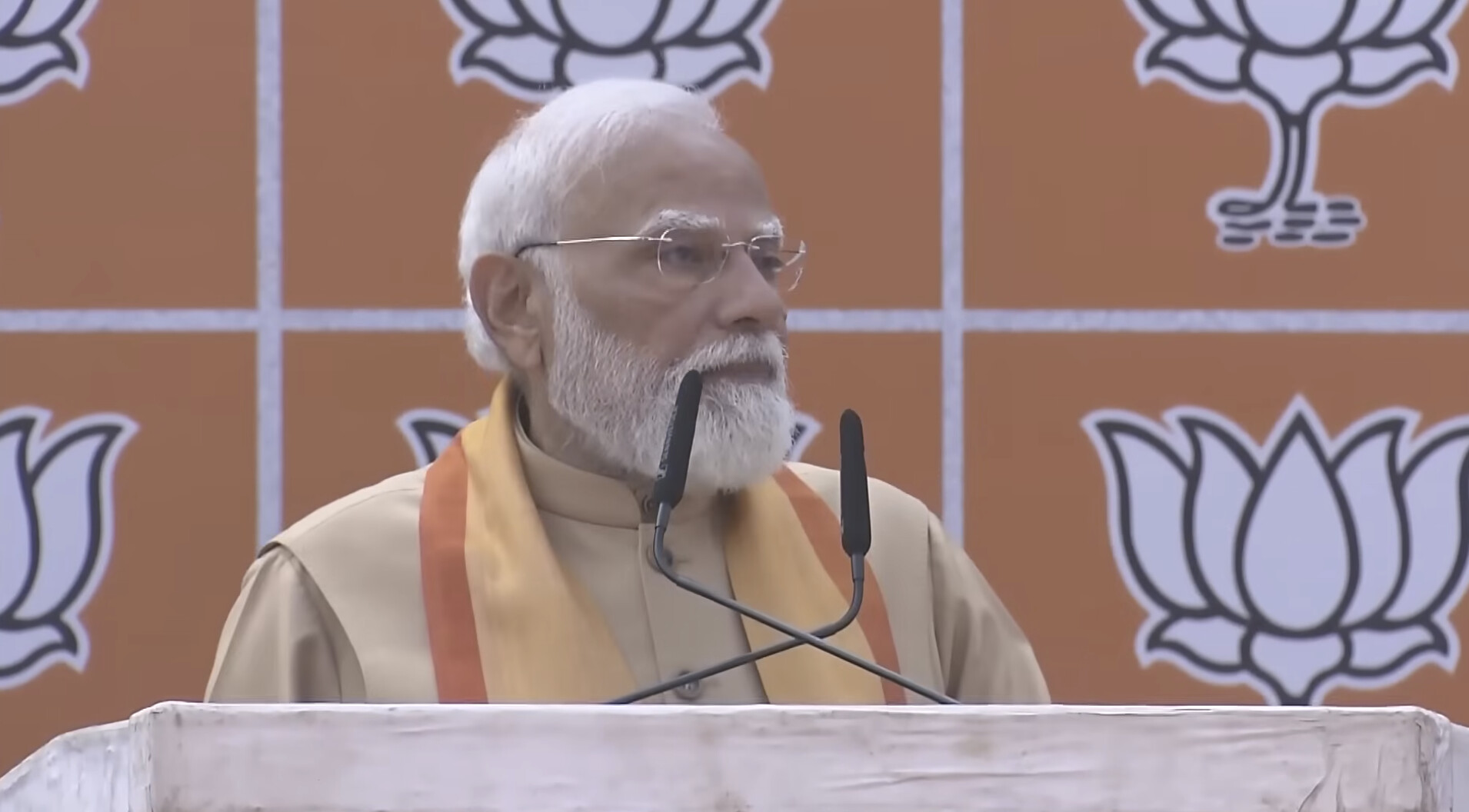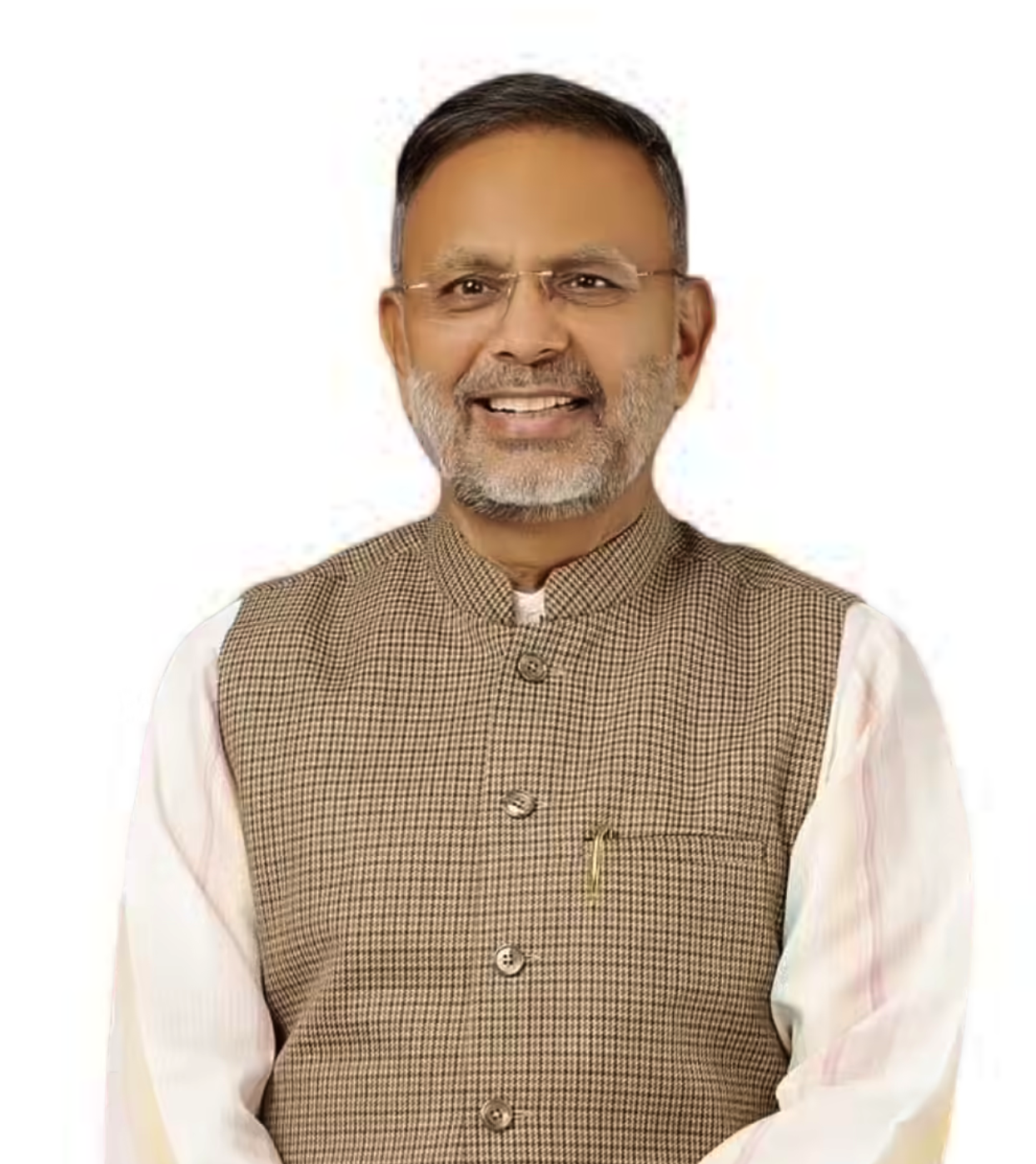
In a significant development, Rajasthan’s Deputy Chief Minister, Prem Chand Bairwa, has addressed concerns regarding the creation of new districts under the previous government, acknowledging various shortcomings in the process. Deputy CM Bairwa announced the formation of a committee tasked with evaluating these issues and proposing necessary recommendations for rectification.
During a press briefing in Jaipur, Deputy CM Bairwa remarked, “There were many shortcomings in the new districts created hastily by the previous government.” He highlighted the importance of addressing these deficiencies to ensure effective governance and equitable development across Rajasthan.
The Deputy Chief Minister emphasized the proactive steps taken by the state government under Chief Minister [CM’s Name] to assess the situation thoroughly. “The Chief Minister has already formed a committee to look into these matters. Today, we are announcing the formation of another committee that will gather inputs from people’s representatives,” he stated, underscoring the government’s commitment to inclusivity and transparency in decision-making processes.
The newly constituted committee will be responsible for conducting a comprehensive review of the challenges and issues arising from the creation of new districts. It will engage with stakeholders, including elected representatives and local communities, to gather feedback and insights that will inform its recommendations.
Deputy CM Bairwa assured that the findings of the committee will be presented to the Chief Minister for further deliberation and action. “We will listen to the people’s representatives and present their feedback before the Chief Minister,” he affirmed, outlining the government’s approach to address concerns in a consultative manner.
The decision to form this committee underscores the Rajasthan government’s commitment to rectifying administrative anomalies and ensuring effective governance at the grassroots level. It reflects a proactive effort to streamline district administration and improve service delivery to citizens across the state.
As the committee begins its work, stakeholders and the public await the outcomes eagerly, hopeful for positive reforms that will enhance governance efficiency and address longstanding grievances related to district creation.





